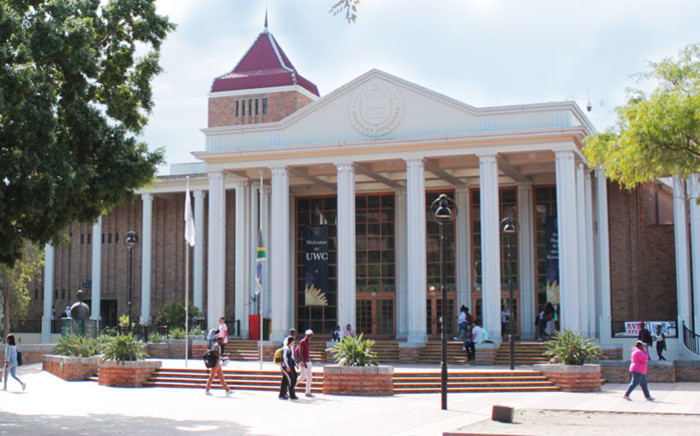When reflecting on the history of an academic institution, one cannot ignore the historical and political context in which it was established.
The ruling Nationalist Party ensured separate development through its Apartheid policy of racial segregation at all levels of society, including education. Access to historically white universities (HWUs) was limited to people of colour. To be admitted to these universities, a limited number of prospective students of colour required permits from the government in order to study courses like physiotherapy.
Thus, the UWC was given permission to train physiotherapists classified as “Coloured”. The House of Representatives, one of the self-governing political participants in the tri-cameral parliament concerned with “Coloured “affairs, facilitated the establishment of the UWC Physiotherapy Department.
The first physiotherapy students were admitted in 1984. This was at the height of political turmoil and student protests. This climate impacted severely on the completion rate of our students.
The Head of Department was Pamela Versfeld. In 1985 Margaret Marais was appointed as a lecturer, and Veronica Vare as Senior Laboratory Technician responsible for practical and clinical training of students. Under the leadership of Pamela Versfeld and a vision to train students to meeting the health needs of the people of South Africa, a very progressive approach to physiotherapy training was adopted. In addition to hospital-based training, this department was the first to place its senior students in community-based settings. Under the supervision of Mr. Jerome Johannes, a lecturer who joined the staff later on as the need arose, the first placement was in a rural township in Worcester, a Boland town in the Western Cape. The aim of the community-based training was to bring physiotherapy services, namely preventative, curative and health promotion, to communities. Historically, physiotherapy services were not easily accessible and affordable for approximately 80% of the citizens of this country. In spite of the political instability and civil unrest in the country, many physiotherapy students managed to graduate from UWC.
Our undergraduate students were also exposed to clinical training in primary, secondary and tertiary health setting, in compliance with the requirements of Health Professions Council of South Africa (HPCSA). The Conradie Hospital in Pinelands served as the first clinical training institution, but as years progressed, additional clinical sites were acquired. Another initiative was to place students in Occupational Health in workplaces in the Cape Town area for work rehabilitation and health promotion.
At post-graduate level, the department also adopted a progressive approach to making post-graduate studies accessible to qualified physiotherapists with a three-year diploma and sufficient experience. These physiotherapists would not have been given the opportunity for admission to higher degrees at other S.A. universities.
Leadership
Other Heads of Department were: Rati Mpofu, Dele Amosun, Margaret Marais, José Frantz, Patricia Struthers, Julie Phillips, Nondwe Mlenzana, Anthea Rhoda, Michael Rowe. At the UWC heads of departments are elected into the position for a period of 3 years. This allows more staff to occupy such positions in management and acquire a variety of skills. These skills have resulted in three HODs becoming Deans of the Faculty of Health Sciences, namely the late Rati Mpofu, José Frantz and Anthea Rhoda.
Other highlights of the UWC Physiotherapy Department
- International collaboration at under-and-postgraduate level partnering with: The University of Missouri, Nijmegen, Bergen, Leuven, Countries on the African continent
- UWC Alumni appointed in senior positions at “sister universities” in the Western Cape as HODs, professors etc.
- Physiotherapy graduates taking up senior positions in clinical facilities locally and overseas
Unique Curriculum
The adoption of a combined biopsychosocial and biomedical approach in teaching, consisting of foundation year modules, namely Health, Development and Primary Health Care, Philosophy of Care, and Health Promotion, as well as 3rdyear level community-based placements.
Teaching and supervision of students from a variety of disciplines, including Occupational Therapy, Nursing, Oral Health and Dentistry, Social Work, Dietetics, Sports, Recreation and Exercise Science was done through interdisciplinary involvement of academics and clinicians.

